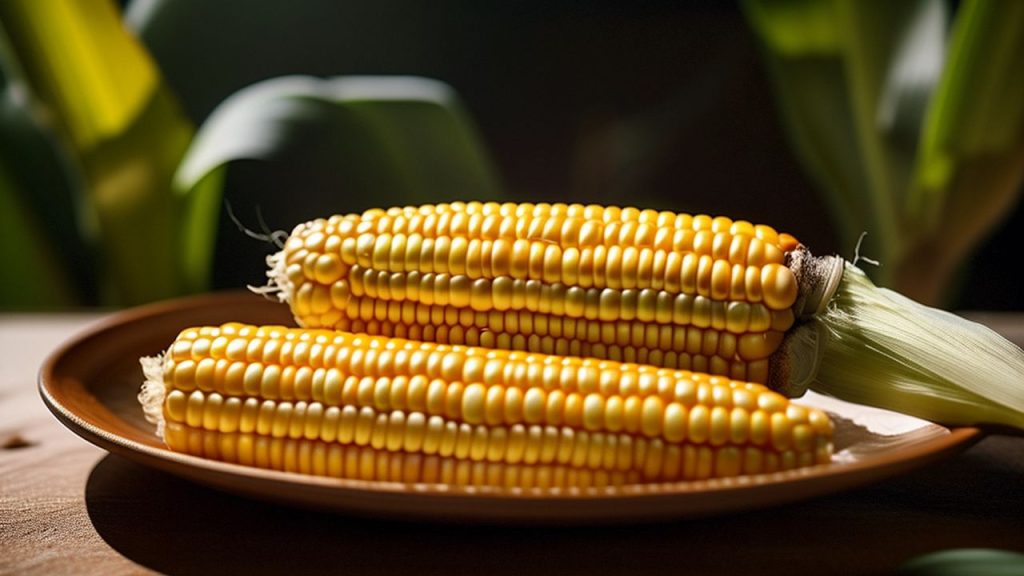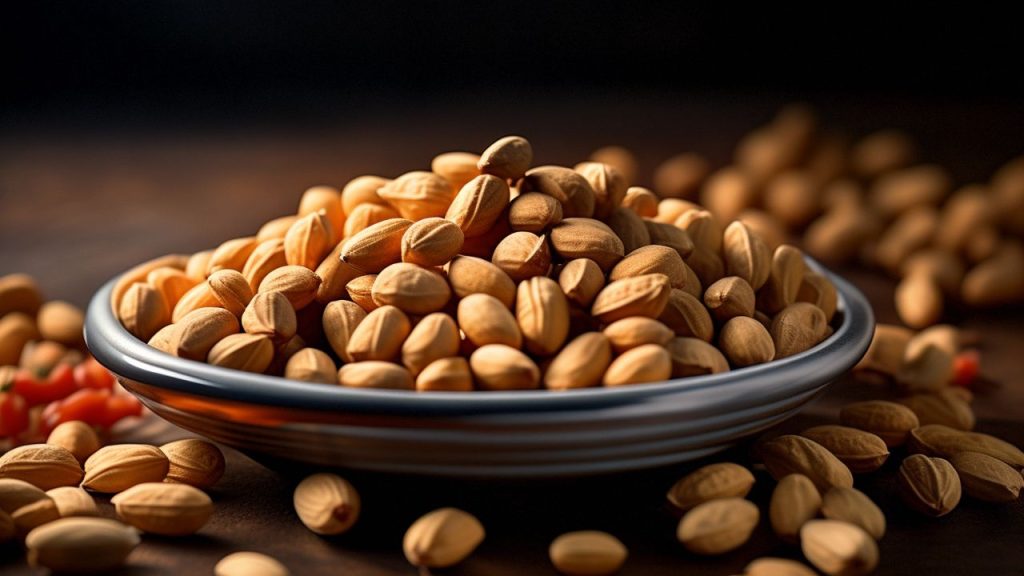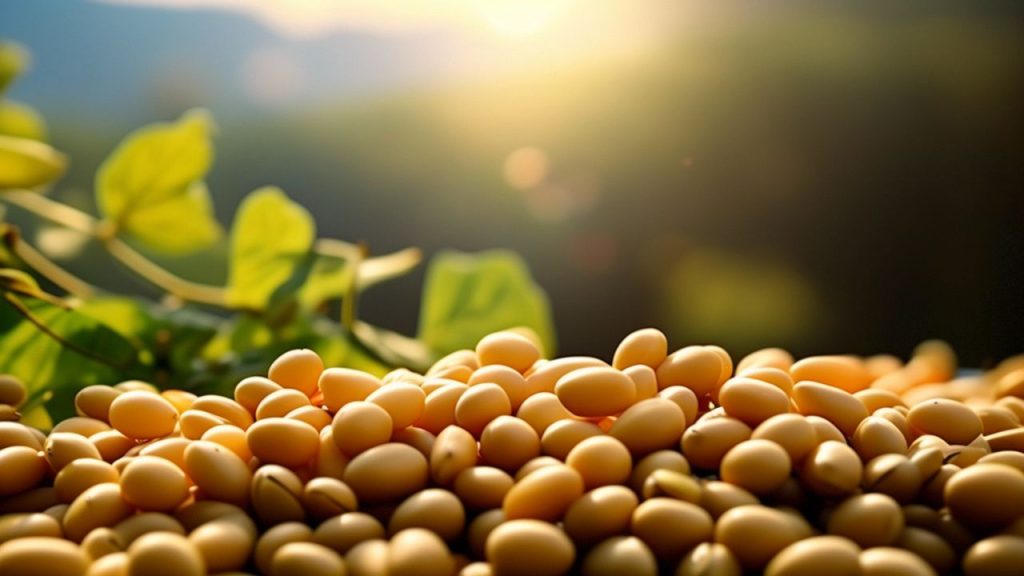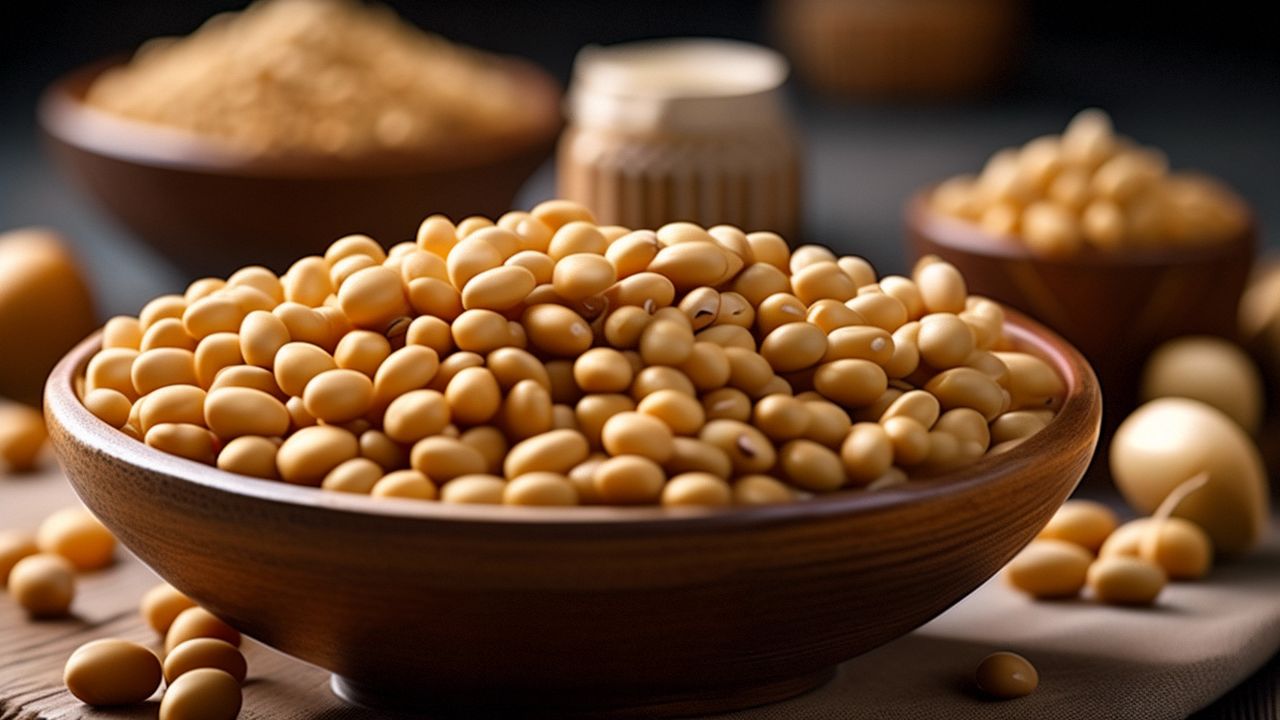Suggestion for Grain Consumption in Hyperlipidemic Patients 1
Suggestion for Grain Consumption in Hyperlipidemic Patients:
1.Corn, reduces cholesterol, and softens blood vessels.
Corn comes in two varieties, yellow and purple. After being boiled, it emits a fragrant aroma and has a sweet and sticky texture, earning it the nickname “pearl rice.” Medical experts point out that corn has an auxiliary therapeutic effect on symptoms such as malnutrition, high blood lipid levels, atherosclerosis, coronary heart disease, hypertension, diabetes, obesity, fatty liver, cancer, and memory loss. In recent years, multiple domestic and international dietary studies and epidemiological surveys have confirmed that countries and regions where corn and other complex carbohydrates are the staple food have relatively lower levels of total cholesterol (TC) and incidence of coronary heart disease.
Clinical research has also shown that replacing simple sugars with complex carbohydrates like corn can help reduce triglyceride (TG) levels in patients with high blood lipid levels.

Corn itself has a relatively high fat content, reaching 3.8%, while the fat content in corn germ is even higher, reaching 52%, second only to soybeans. Corn oil extracted from corn is rich in polyunsaturated fatty acids, with linoleic acid accounting for as much as 60%, comparable to peanut oil, soybean oil, and sesame oil. It is an excellent cholesterol absorption inhibitor. Long-term consumption of corn oil can lower cholesterol levels in the blood and has a softening effect on blood vessels, which may be attributed to the high content of vitamin E in corn oil.
Studies have found that consuming oils rich in polyunsaturated fatty acids (including corn oil) and reducing the intake of high-cholesterol foods (such as animal viscera and egg yolks) have significant effects in preventing the initial occurrence and recurrence of coronary heart disease. Therefore, corn and corn oil are ideal foods for patients with high blood lipid levels, atherosclerosis, coronary heart disease, hypertension, fatty liver, obesity, and middle-aged and elderly individuals.
2.Peanuts, reduces cholesterol and prevents coronary heart disease.
Peanuts, also known as groundnuts, are hailed as “vegetable meat” and “vegetable delicacy.” Modern nutritional research has confirmed that each 100克 of mature dried peanuts is rich in fatty acids, accounting for about 44.3%, of which more than 80% are unsaturated fatty acids. In addition, peanuts are also rich in protein, carbohydrates, and abundant dietary fiber. They also contain carotene, various vitamins, inorganic salts, triterpenoid saponins, stigmasterol, campesterol, cholesterol, lecithin, and biologically active ingredients such as alkaloid choline.

Many clinical studies have shown that the unsaturated fatty acids in peanuts have a cholesterol-lowering effect. Consuming peanuts or peanut oil can promote the liver’s cholesterol metabolism into bile acids, enhance its excretion, and thereby lower blood cholesterol levels. Peanut oil not only reduces cholesterol but also prevents the occurrence of atherosclerosis and coronary heart disease. Some studies have shown that boiling and concentrating the shells of groundnuts and then consuming them can lower cholesterol, prevent atherosclerosis, and prevent coronary heart disease, similar to the effects of consuming peanuts themselves.
Peanuts are a popular food among people of all ages and can be made into various dishes. Regular consumption of peanuts is beneficial for preventing high blood lipids, atherosclerosis, coronary heart disease, hypertension, and diabetes.
3.Soybeans, inhibit cholesterol absorption in the intestines.
Soybeans, classified into yellow soybeans (yellow beans), black soybeans (black beans), and green beans based on the color of their seed coat, have been documented for their dietary and health values in ancient medical books. Medical experts point out that soybeans have a good auxiliary therapeutic effect on patients with cancer, hyperlipidemia, atherosclerosis, coronary heart disease, hypertension, and diabetes.

Soybeans are a high-protein food, with protein content ranging from 37% to 40%. They contain 8 essential amino acids that the human body cannot synthesize, making them highly nutritious. They are particularly suitable for consumption by individuals with hyperlipidemia to avoid the problem of increased fat intake from animal-based high-protein foods. Soybeans are rich in phytosterols and almost devoid of cholesterol (TC). They can inhibit the absorption of cholesterol from food in the body and assist in the conversion of unsaturated fatty acids and body cholesterol into a liquid state, which is excreted in urine, thereby reducing the level of cholesterol in the body.
The fatty acids found in soybeans are primarily polyunsaturated fatty acids (specifically linoleic acid), accounting for over 55% of the total fat content. They have a cholesterol-lowering effect. Soybeans are also rich in dietary fiber, with 15.5 grams per 100 grams of soybeans, which effectively inhibits the absorption of cholesterol in the intestines and eliminates it through feces, thereby reducing cholesterol levels.
Regular consumption of soybeans and soy-based products has a significant effect on the prevention and treatment of hyperlipidemia, hypertension, coronary heart disease, atherosclerosis, and other diseases.




